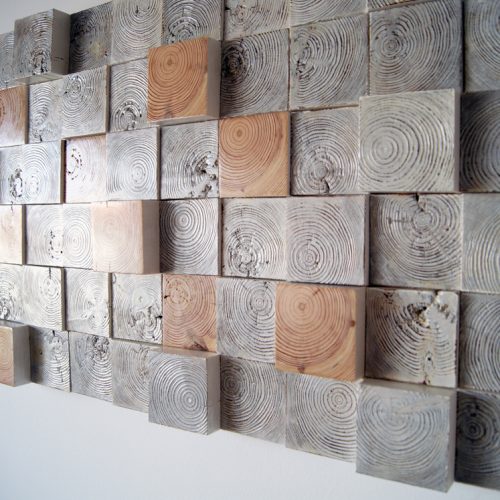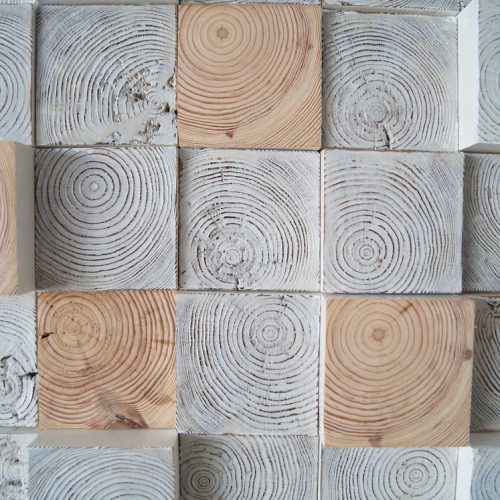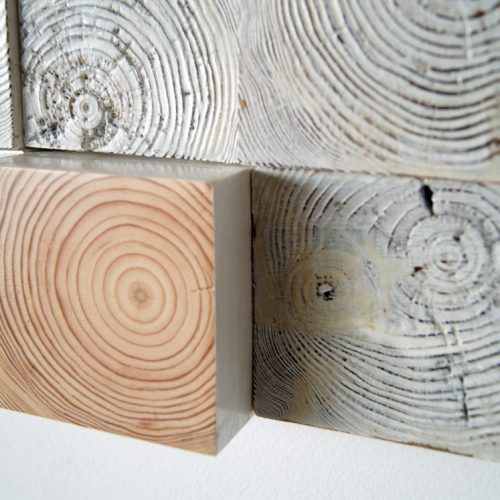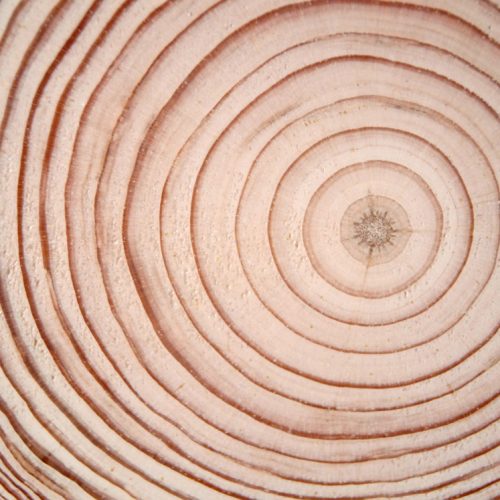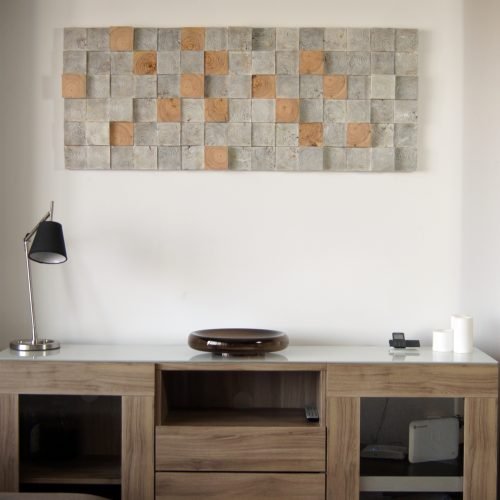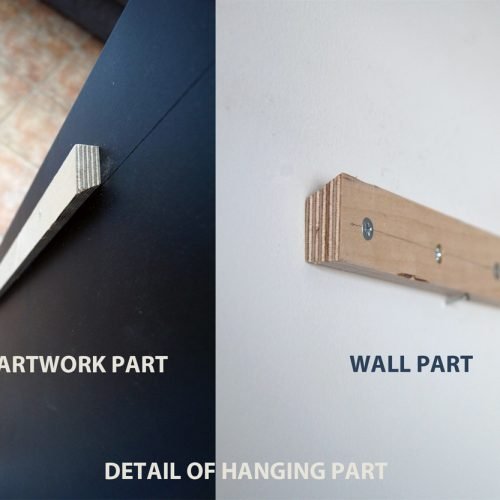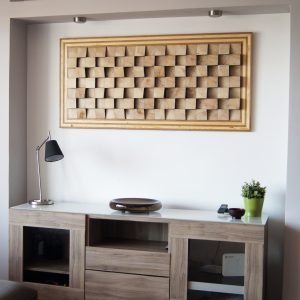Sound diffuser panel
This artwork is a sound diffuser panel. Created with different type of woods, it is totally handmade. It is considered eco-friendly and can be used as a sound diffuser art panel. Created by WoodBlocker in Greece, we offer free shipping all around the globe.
It forms an abstract wall art mosaic made of reclaimed wood blocks. Each piece is handmade cut and painted on hand. This hanging wall art has sound absorbing properties. It is called a sound diffuser. It improves sound diffusion in a space.
This product is ready for dispatch. Reproduction is possible. Please notice that some differentiations in tints and thicknesses should be expected.
We include SHIPPING in the price.
Materials used
The materials used are mainly wood such as plywood birch, Water-based varnish of white color, Natural wood coloring.
Dimensions and weight
The artwork shown on the picture has the following dimensions:
The length is 140cm and height 55cm. The depth is 6cm – Weight: 17 Kg
We also provide smaller sizes such as:
60x40cm, 10Kg, 635 euros
100x55cm, 15Kg, 850 euros
It can be hanged with a wooden stand in the back
You can either screw a base (included) into the wall.
Or you can hang it from hooks we include
Time of process and shipping
The times are as follows:
Estimated time for preparation: 10 days
Estimated time of shipping: 5 to 10 days with Greek Post office
The Shipping cost included in price, therefore shipping is free of charge.
View my main page with all my artworks
What is a sound diffuser anyway?
Acoustic diffusers are specially crafted sound treatment structures that diffuse an incoming sound evenly. Typically, a sound that strikes a surface is absorbed, reflected, or transmitted.
Diffusers are typically used in concert halls, performance venues, and recording studios. The choice of building material to make a diffuser is endless.
Source: wikipedia
Some history about sound and architecture…
After the Greco-Roman antiquity, Leonardo da Vinci (1452-1519) realized that air was needed, among other things, as a means of spreading sound and that the sound spread at a finite speed. Physical study and interpretation of acoustics made significant progress with Galileo (1564-1642) and his contemporary, Marin Mersenne (1588-1648), who determined experimentally the mathematical relationships between frequency, length, mass of a vibrant string, completing the work of the Pythagoreans 2000 years ago. Between 1630 and 1680, many researchers, including Mersen, conducted experimental measurements of the speed of sound in the air. From the 19th century until the 19th century. many scholars have devoted their studies to hearing problems. However, all were limited to studying the physical phenomenon and much less to normal acoustics and psychoacoustics.
Source: wikipedia




